Democratic Republic Of Congo
The United Nations Security Council on Wednesday welcomed an agreement between political parties in the Democratic Republic of the Congo that seeks to ensure the first peaceful transfer of power since 1960.
Negotiators led by Congo’s Catholic Bishops’ Conference spent weeks in tense talks before an agreement was reached.
Congolese President Joseph Kabila will step down after elections to be held by the end of 2017 under the last-minute deal struck by political parties on December 31.
“The Security Council welcomes the signing of the “comprehensive and inclusive political agreement” in Kinshasa on 31 December 2016, which follows the political agreement reached on 18 October 2016 under the auspices of the African Union facilitation, and commends the tireless efforts by the Conference Episcopale Nationale du Congo (CENCO) mediators to facilitate the agreement,” said ambassador Olof Skoog of Sweden.
Under the deal, Kabila will be unable to change the constitution to allow him to stay in power for a third term.
Kabila’s mandate ran out on Dec. 19, but authorities have effectively extended it until 2018 because the government said it could not arrange elections before then.
The parties agreed that Kabila will appoint a prime minister from the country’s main opposition bloc to oversee the transition, a major sticking point in the final stages of the talks.
However, election experts also question the feasibility of organizing presidential, legislative and provincial assembly elections together by the end of 2017.
SUGGESTED READING DRC political crisis: a timeline of events and the Church’s ‘saviour’ role
“The Security Council hopes for a swift implementation of the agreement, in good faith and in all its components, in accordance with the Congolese Constitution and in line with UNSC Resolution 2277,” Skoog added.
Western and African powers feared the impasse could lead to a repeat of conflicts seen between 1996 and 2003 in eastern Congo in which millions died, mostly from starvation and disease.
A successful deal, however, would offer a boost to pro-democracy activists in other African countries




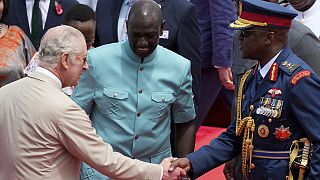

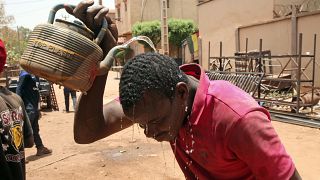
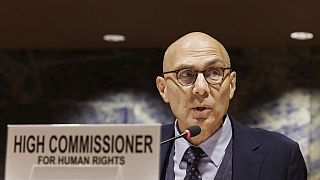
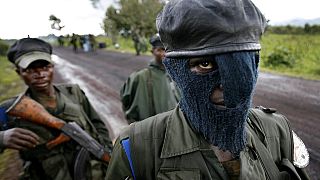
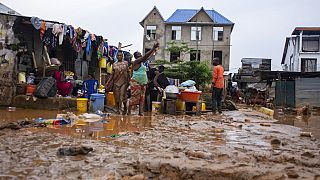
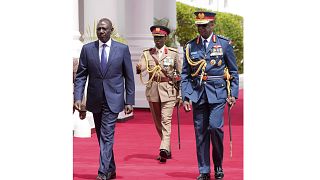
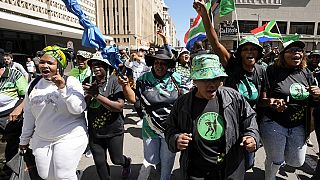
00:42
US vetoes Palestine UN membership resolution
01:30
UN reports widening global inequality in sexual and reproductive health and rights
01:41
UN Libya envoy Abdoulaye Bathily resigns amidst mediation challenges
02:17
The US and the UK condemn Iran's attack on Israel
01:57
South Sudanese parties adopt code of conduct ahead of December elections
01:42
UN committee to discuss Palestinian bid for full membership